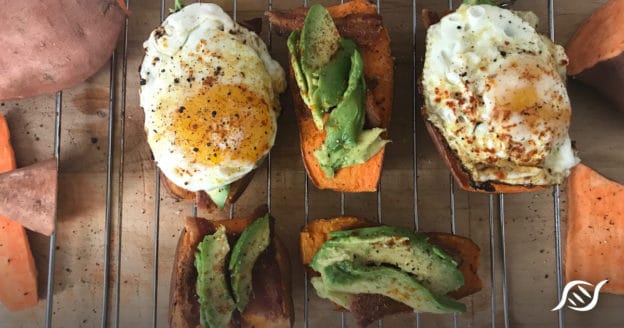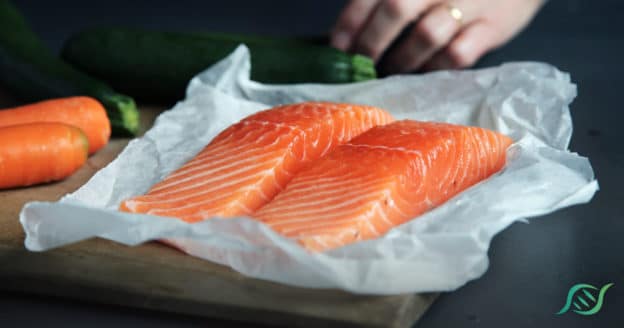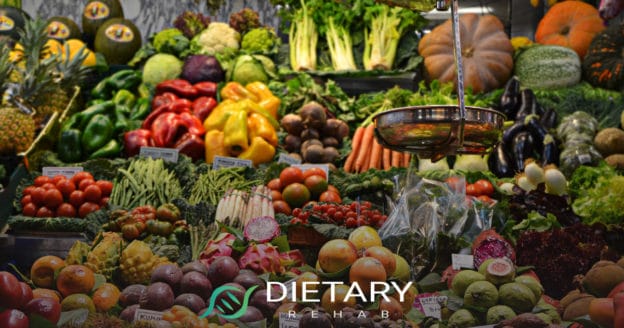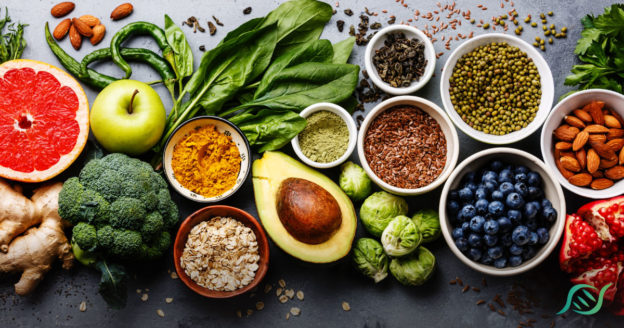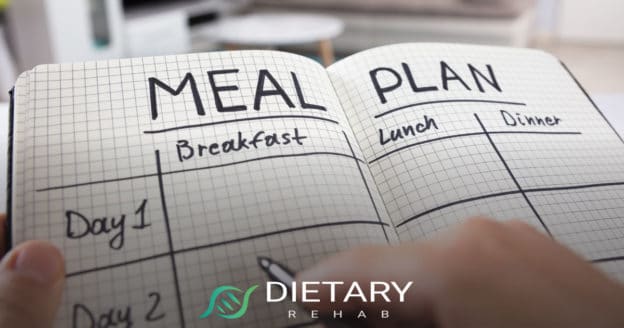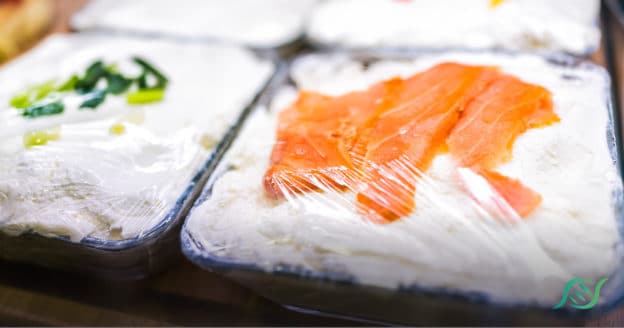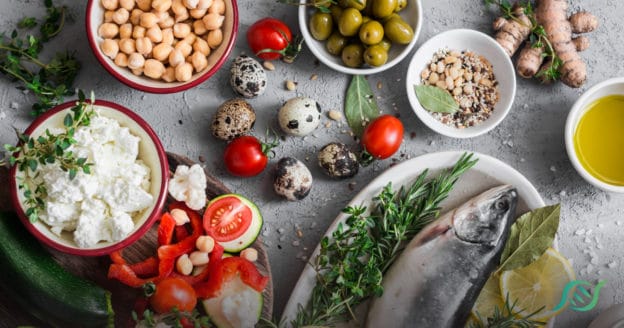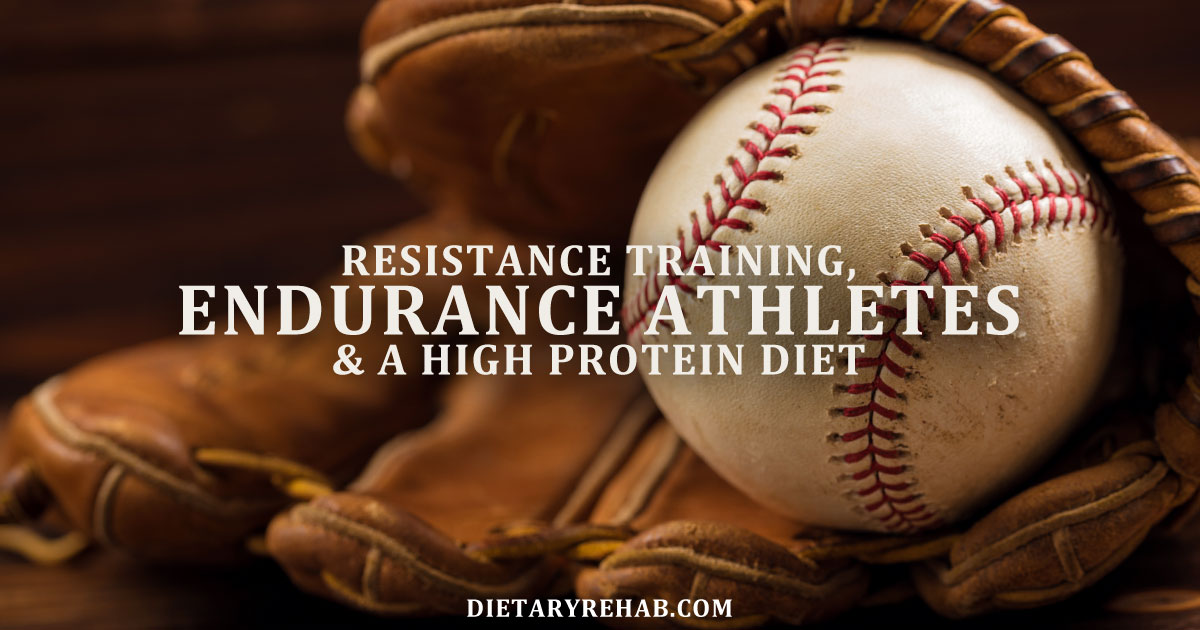 Having recently looked into a study on high protein diets for athletes doing resistance training, it quickly became apparent that certain exercise types — such as resistance training and endurance training — have unique dietary needs to be completely effective. There was no significant change in body composition for anyone in the study, but other studies regarding a high protein diet all agree with this one thing: that the high protein diet burns fat mass — and the fear that it would raise cholesterol have been debunked.
Having recently looked into a study on high protein diets for athletes doing resistance training, it quickly became apparent that certain exercise types — such as resistance training and endurance training — have unique dietary needs to be completely effective. There was no significant change in body composition for anyone in the study, but other studies regarding a high protein diet all agree with this one thing: that the high protein diet burns fat mass — and the fear that it would raise cholesterol have been debunked.
A high protein diet can actually lower cholesterol and there is no chance of renal failure or significant changes to blood lipids or hepatic functions. Also, high protein diets may reduce fat mass by inhibiting lipogenesis in the liver. And if, however, you do a periodic resistance training schedule along with other sports training, a high protein diet can significantly change your body composition. Endurance athletes’ dietary needs are better met with significantly higher amounts of protein.
Most endurance athletes require more dietary protein intake for 3 reasons:
- Insufficient carbohydrate calories to meet energy expense
- Insufficient protein calories to meet energy expense
- Exercise training expenditure increases 10-fold above resting state
Why A Paleo Diet Is Beneficial To Athletes
The Paleo Diet is not necessarily a high protein diet, more of a low empty-carbohydrate diet. That being said, it reduces the number of sugars as well as grains. You get your sugars naturally from fruit and your carbohydrates from them as well as vegetables like carrots, cauliflower, and yams or sweet potatoes. It doesn’t make you feel deprived, it’s versatile and allows you to eat when you want, as much as you want. Most high protein diets still allow grain carbohydrates and a significantly higher sugar intake than the Paleo Diet. This diet just asks: “What would a caveman eat?”
When training for any event or have a significant workout, nutrition is very important. The Paleo Diet can be modified to fit the athlete’s needs. If you have a significant game or a marathon to run, eating a small, balanced (500-1000 calories) meal 3-4 hours beforehand is recommended. For the caveman, it will include potatoes, sweet potatoes or yams, a variety of green vegetables and a regular portion of meat. This meal should be lower in fat, as fat takes longer to digest. If the meal is closer to the event, it should be smaller still. Be sure to include plenty of water with this meal and during the pre-event time.
The after event meal is slightly more important and should include carbohydrates, protein, and fat. This meal should also be consumed within 30 minutes after the event, to make optimum use of the nutrients. This is when protein synthesis is at its best and the carbohydrates can help replenish the diminished glycogen stores and enhances muscle growth. If you do not feel you can eat, a protein shake is recommended with milk, almond or coconut milk. (So many options!) Add whey or soy protein, some fruit if desired or vegetables for a complete “meal”. If you are an endurance athlete, this is actually the meal when you want to add more protein to your intake. A four to one ratio of protein to carbohydrates is recommended.
Protein Needs For Athletes
The amount of protein needed for an athlete depends on the amount of exercise that is done. This is where the high protein diet comes into its best effect.
1-1.5 hours of exercise requires 1.2 grams per kilogram of weight per day
2-4 hours of exercise requires 1.4 grams per kilogram of weight per day
5 or more hours requires 1.7 grams per kilogram of weight to replace the amino acids that have been cannibalized during the extreme exercise
After all this, any athlete may need extra carbohydrates to help fuel all the exercise output. Paleo is not a diet you have to absolutely stick to. It is a guideline and can be modified to meet your needs. Let me repeat that. The Paleo Diet can be modified to meet your needs. This is very important to remember. If you need more carbs and the sweet potato fries aren’t cutting it, add another baked potato. Put butter and sour cream on it, if you like. Whatever hits your fancy. Eat whatever your body needs, as long as you’re eating enough carbohydrates to meet your performance goals.
Fats are also an important part of the athletic diet. The Paleo Diet includes fats as a part of the complete nutritional picture. Having fats in your diet is as important as having the right amount of protein or carbohydrates to fuel your performance.
Calorie counting on the Paleo Diet is not necessary unless you need more calories to keep up your performance goals. If you jog for an hour or two a day and have nothing else strenuous going on, you will still need at least 2500 calories to maintain your weight and performance levels, more if you are trying to gain muscle. You want to make sure you have enough food, this also means fat, in your daily intake. So, forget about the skinless chicken breasts; instead have bacon, pork shoulder, avocados, and eggs – WITH the yolk.
Now, remember, this is for the endurance athlete and the ones who exercise rigorously twice a day or more. The rest of us can get by on the usual fare; basically, there is no need to have those before and after event meals. (But we can still have an extra potato if the need or want arises.) The Paleo Diet is wonderful and not really a diet at all. Especially not a low-carb or low-fat diet. More a life guideline, if you choose to do it. Do not let yourself get run down or exhausted, especially if you have been working out. That includes walking (or jogging) the dog…..Have another potato or more bacon!

